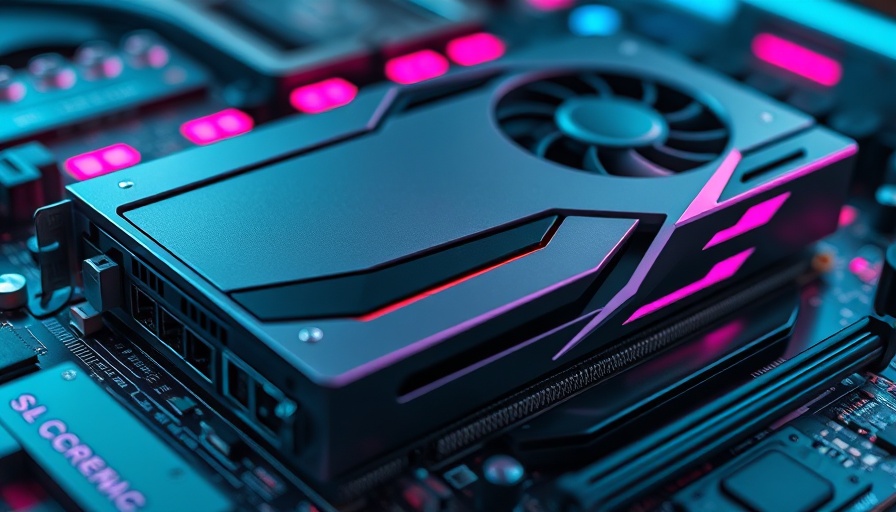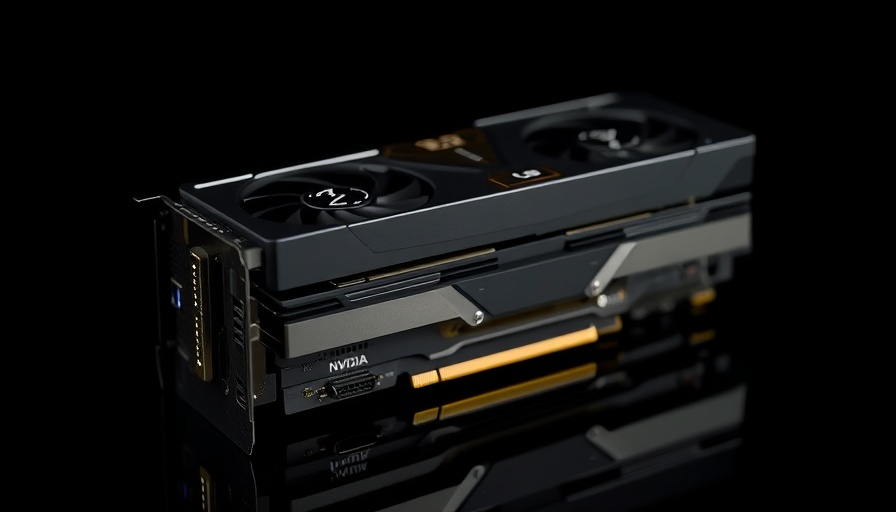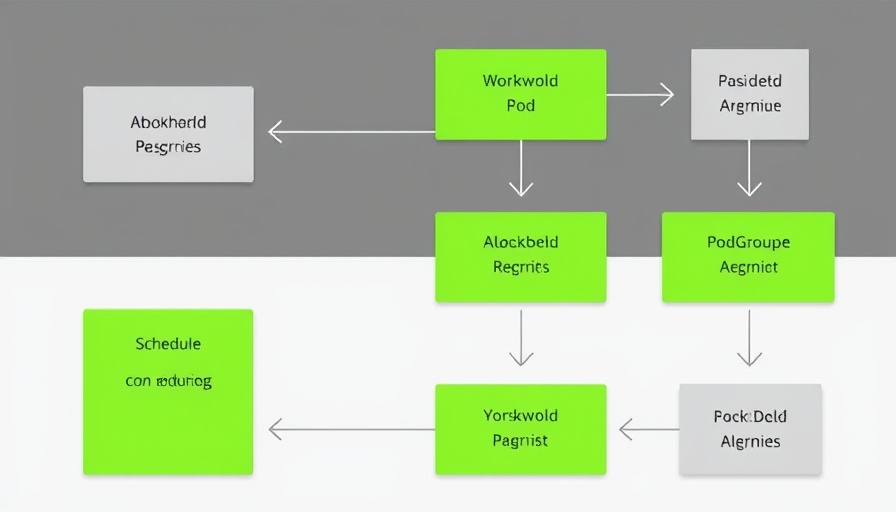
NVIDIA: A Leader in Accelerated Computing for Healthcare
NVIDIA is making waves as an undisputed leader in the realm of accelerated computing, particularly in the healthcare sector. With a recent evaluation from analysts highlighting NVIDIA's significant potential, the company is strategically partnering with industry giants to revolutionize healthcare systems through artificial intelligence (AI) and cutting-edge technology. The $10 trillion healthcare industry stands ready for transformation, leveraging NVIDIA's innovative powers to enhance drug discovery processes, streamline clinical trials, and improve patient outcomes.
Turning Healthcare into a Technological Powerhouse
The convergence of AI, accelerated computing, and biological data is turning the healthcare landscape into one of the largest technology sectors. As highlighted by Kimberly Powell, NVIDIA’s Vice President of Healthcare, this synergy diminishes administrative burdens in clinical trials, thus enabling healthcare providers to focus on delivering effective patient care. NVIDIA's AI Foundry service exemplifies these advances, accommodating over 1,000 healthcare startups to deploy customized AI solutions efficiently.
Transforming Drug Discovery and Clinical Trials
NVIDIA’s partnerships are designed to streamline drug discovery and medical device development processes. Collaborating with healthcare leader IQVIA, NVIDIA is enhancing the operational efficiency of clinical trials through AI agents that automate tedious administrative tasks, effectively minimizing time and resources spent on these activities. By utilizing NVIDIA’s advanced computing capabilities, IQVIA aims to optimize the development pathways for emerging therapies and drugs.
Revolutionizing Genomics with Cutting-Edge Technology
One of the most promising collaborations is with Illumina, aimed at unlocking next-generation genomics for drug discovery. With access to NVIDIA’s powerful accelerated computing platforms, Illumina can enhance multiomics analyses, leading to breakthrough insights in drug development. This strategy not only democratizes access to genomic data for researchers but fosters a deeper understanding of disease at a molecular level, potentially paving the way for groundbreaking treatments.
Mayo Clinic: Creating AI-Powered Pathology Models
Further cementing its role in healthcare innovation, NVIDIA partners with Mayo Clinic to develop next-gen digital pathology models. The deployment of NVIDIA’s DGX systems promises to enhance the speed and accuracy of cancer diagnoses by integrating cutting-edge AI technologies. This collaboration signifies a crucial step towards automating and enhancing clinical workflows, enabling personalized healthcare strategies, which are indispensable in modern medicine.
The Future of AI in Healthcare: Predictions and Impact
As healthcare providers navigate the complexities of an aging population and chronic disease management, NVIDIA’s vision for AI could redefine patient care on a global scale. Powell states, “No single company can achieve this alone.” With collective efforts and the deployment of AI-powered solutions, the healthcare industry will not only enhance operational efficiencies but also ensure accessibility and improved health outcomes for all patients.
Conclusion: An Ecosystem for Innovation
NVIDIA's ongoing developments in artificial intelligence and accelerated computing provide an exciting glimpse into the future of healthcare. As collaborative partnerships take center stage, the potential for innovation becomes limitless. AI agents, advanced genomic insights, and automation technologies represent a significant step towards a more efficient and effective healthcare system, poised to change the face of medicine as we know it.
For those seeking transformative solutions in healthcare and artificial intelligence, understanding NVIDIA's cutting-edge technology and its implications for the future is essential. Embrace the change this technological leader is spearheading – the future of healthcare is bright with NVIDIA at the forefront.
 Add Row
Add Row  Add
Add 




 Add Row
Add Row  Add
Add 

Write A Comment